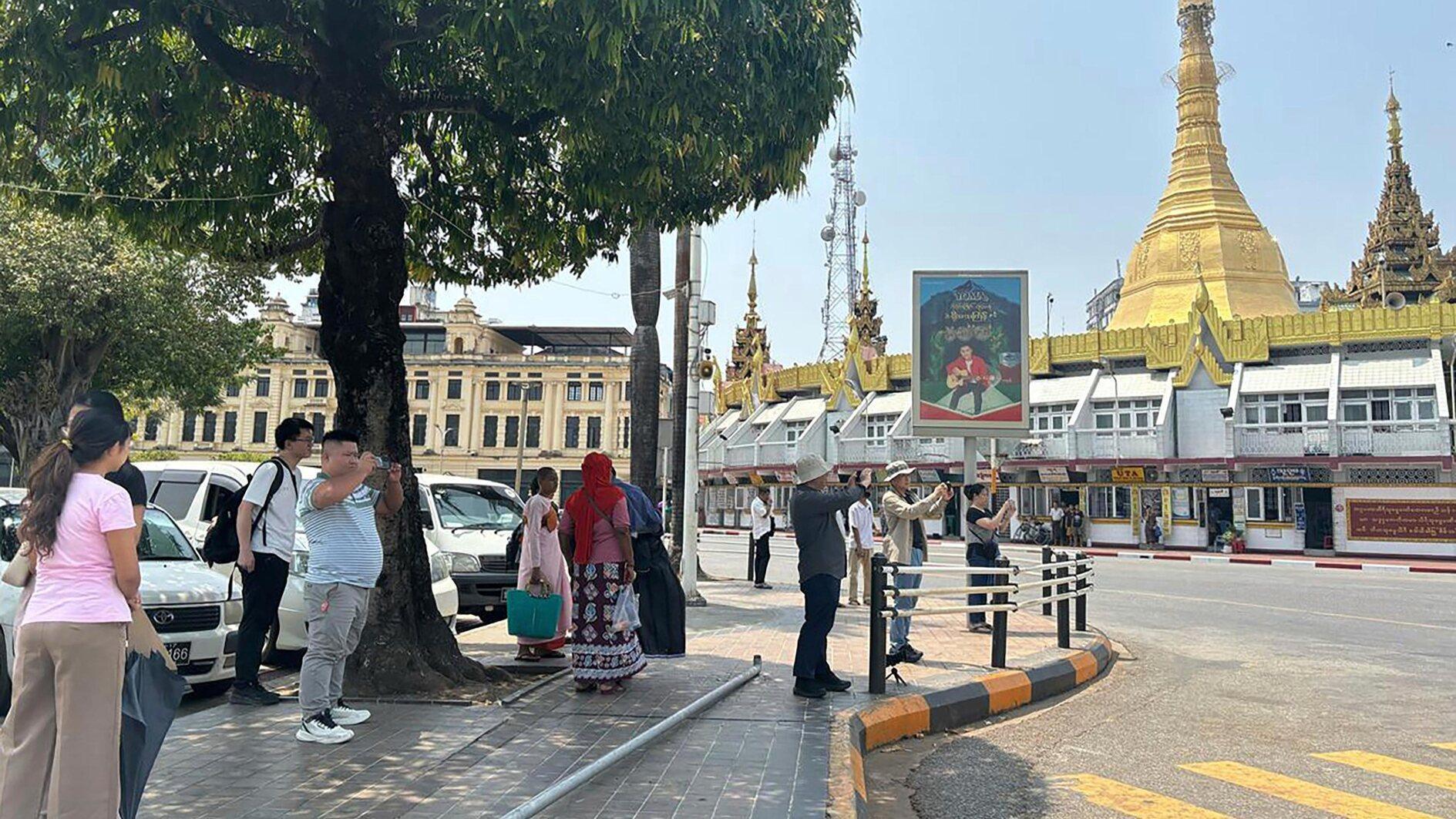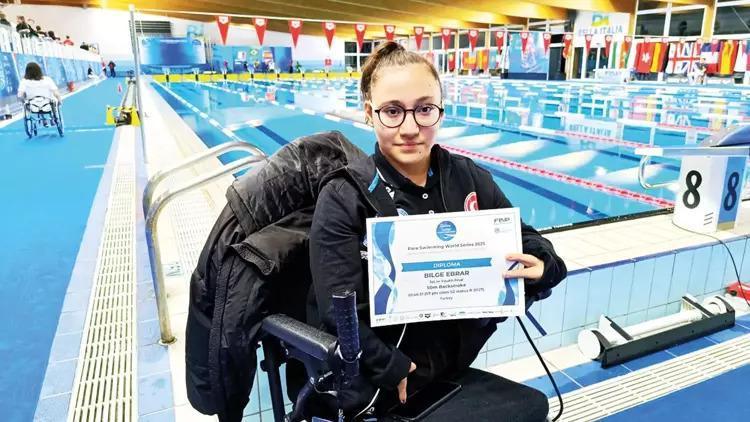US case for plot allegations will be tested in Ankara
Senior U.S. politicians and a Saudi Arabian prince already called on Oct. 12 for Iran to be held accountable for an alleged plot to assassinate the Saudi ambassador to the U.S. Despite heavy accusations, the majority of regional experts appeared to be confused about what to believe, while the U.S. senior officials have been calling for increased pressure on Iran.
“To enlist countries against the Iranian threat,” the U.S. administration decided to create special diplomatic teams to send to several capitals, including Ankara, Moscow and Brussels to lay out the case. “Washington has been offering such opportunity to countries and Ankara immediately took us up on that invitation” to see the evidence and be able to ask questions face-to-face, a senior U.S. State Department official said.
U.S. authorities were unwilling to talk about the possibility or content of other messages about Iran that could be conveyed to Ankara. Secretary of State Hillary Clinton’s most recent remarks about Turkey-Iran relations during an Oct. 12 interview with Reuters is a very good indication how Washington views those relations currently and to which direction it wants to steer.
“For all the difficulties on many fronts, Turkey and Iran have been able to manage their bilateral relations” said one Iran expert in Washington, “the question is if this coming to an end?”
As the U.S. troops withdraw from Iraq, only limited numbers of U.S. military trainers will remain there. Competition between Turkey and Iran for wider influence in Iraq is the first source of contention, according to the expert. In addition rumors about the capture by Iran’s forces of Murat Karayılan, leader of the Kurdistan Worker’s Party’s (PKK) armed militia group, and circumstances surrounding the event remained a mystery.
Prime Minister Recep Tayyip Erdoğan’s “secular model” talk for Arab Spring countries and Turkish consent of the NATO missile system are two further significant issues that Tehran has been attacking Ankara on. Turkey’s participation in the NATO missile system made it clear that “U.S. and Turkey are still strategic partners on core issues” said Gen. Jim Jones, former National Security Adviser of President Obama, when asked about Turkey-Iran relations in an interview last week. The final source of dispute is the unfolding events in Syria and how the two neighboring countries took opposite sides over how to treat the Syrian regime. Now the new assassination plot is being added as a last layer. Ankara so far has not made any condemnation over the serious allegations made by the U.S., including Obama himself.
“Washington might have made a decision to drive a wedge between Turkey and Iran following such a breach of international law,” a well positioned Washington source said. Theories about the motives or gains of the alleged plot greatly vary, though nobody has any expectation that this latest episode would lead to a military escalation. “It is virtually impossible to imagine that Obama would resort to a military operation in such a dreadful economic situation,” Dr. Henri Barkey, Turkey expert and professor at the Lehigh University said in an interview.
Not fully satisfied by allegations, Barkey said that Obama, who is a constitutional law professor himself and now has come out publicly to make some serious assertions against the Iranian regime, must have assessed and been satisfied by evidence presented before him. “We would not be bringing forward a case unless we knew exactly how to support all the allegations,” Obama said.
Credibility of the U.S. administration was greatly damaged for its unfounded accusations against Saddam’s regime which led to the Iraq War in 2003. This time it is the prestige of the Obama administration at stake as it presents a case to increase isolation of Tehran. Surely the case of U.S. diplomatic team will undergo a critical authenticity test in Ankara and around the world.










